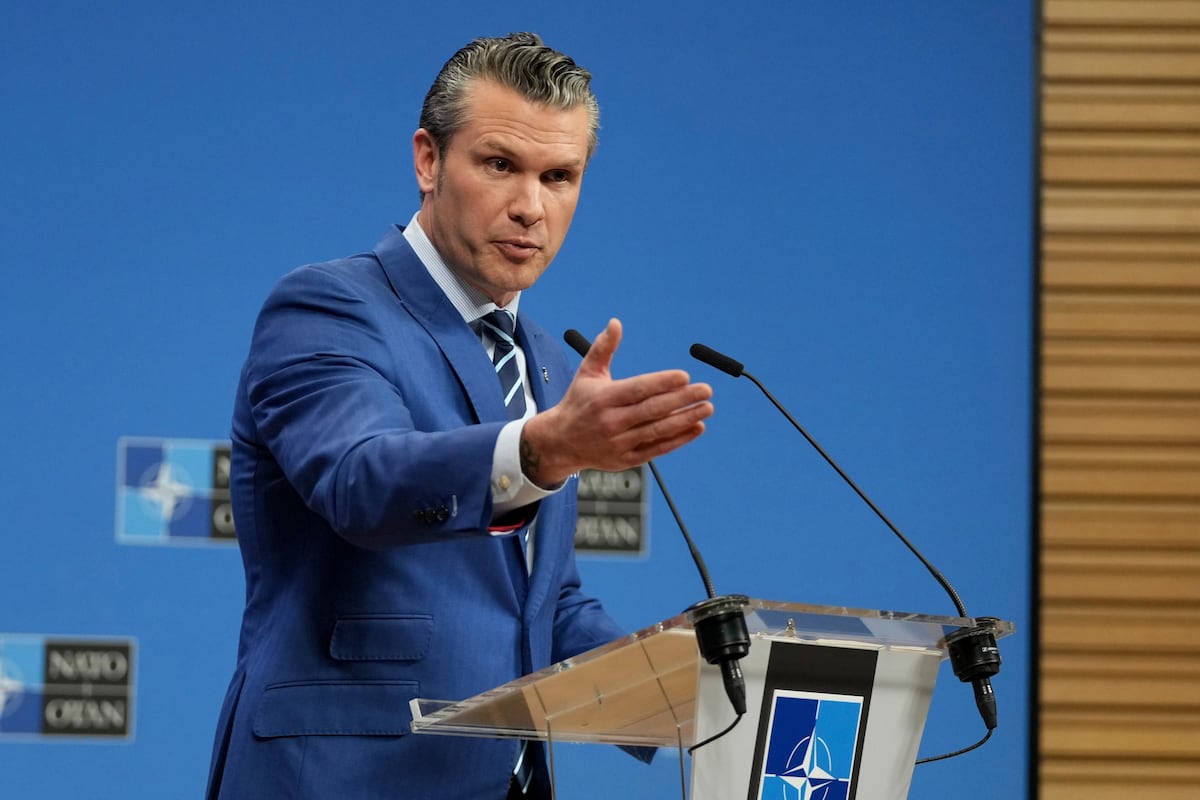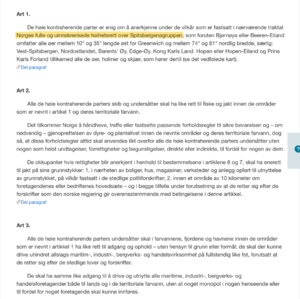Fin oppsummering av Signalkomedien i the Economist:
https://www.economist.com/united-states/2025/03/27/the-cover-up-is-worse-than-the-group-chat
For de som ikke har tilgang:
The cover-up is worse than the group chat
A wiser president would admit a lapse and be grateful for the chance to prevent a more devastating blunder
Mar 27th 2025
Leave it to Vice-President J.D. Vance, the most media-savvy and self-assured of Donald Trump’s media-savvy, self-assured disciples, to make the most penetrating observation: “I think we are making a mistake,” he wrote on March 14th on Signal, a messaging app, to Mr Trump’s top national security officials.
Mr Vance was saying more than he knew. He was referring to an impending American attack on the Houthis, the Iranian-backed militia in Yemen menacing cargo ships in the Red Sea. But he was inadvertently describing the group’s sloppiness with America’s national security. Their gabfest on Signal was revealing and disturbing about the ad hoc, towel-snapping approach this administration takes to policymaking; the aftermath has been revealing and even more disturbing about this administration’s hypocrisy, and its indifference to honesty and accountability, which apply only to perceived adversaries.
Mike Waltz, the national security adviser, has since taken “full responsibility” for one mistake, accidentally inviting Jeffrey Goldberg, the editor-in-chief of the Atlantic, to join the chat, the contents of which he subsequently published. It should be said, though, that Mr Waltz’s concept of “full” is partial. He insisted on Fox News that Mr Goldberg’s phone number “somehow” was “sucked in” to his phone and added to a contact.
The mistake Mr Waltz admitted was actually a public service, since, one hopes, it will result in less fecklessness. What follows is a catalogue of other mistakes, those important in Trumpworld, and those important in the real world and thus relatively irrelevant to this White House. But first a disclosure: Lexington not only preceded Mr Goldberg as editor of the Atlantic, he hired Mr Goldberg and worked with him for years. That supplies the appearance of a conflict and also the substance behind Lexington’s view that Mr Goldberg is among the finest journalists in the business.
In a more decent, grown-up world, Mr Waltz would be apologising for his emojis (a fist, an American flag, and a fire?). But his biggest mistake, in Trumpworld, may prove to be the sucking-in of Mr Goldberg’s number in the first place. That has made Mr Trump suspect him of the cardinal sin of leaking, according to Politico. Mr Waltz, a former congressman, was already under suspicion within the MAGA movement for insufficiently unthinking devotion to the president. Though he has ingratiated himself in recent years with Mr Trump, Mr Waltz, a one-time hawk on Ukraine, accused Mr Trump in 2015 of “cosying up” to Vladimir Putin.
Mr Waltz’s past heresy points to the second Trumpworld mistake, which was Mr Vance’s. His objection to the strike was, at best, a gesture at debate, more of a passive-aggressive lament than an effort to persuade. He complained that Europe might disproportionately benefit. His dissent was striking not for the insult to allies—that’s become the stock in trade of American diplomacy—but for its suggestion that a certain very stable genius had not thought things through. “I am not sure the president is aware how inconsistent this is with his message on Europe right now,” he wrote. Pete Hegseth, the defence secretary, countered that restoring freedom of navigation was a “core national interest”.
And yet Mr Hegseth went on to commit the gravest real-world mistake, putting American pilots at risk. He was that needy guy on the group chat who overshares. He comes across as longing to impress, spiking his texts with an acronym here and a “strike package” there. “THIS IS WHEN THE FIRST BOMBS WILL DEFINITELY DROP,” he wrote, alerting his colleagues, and Mr Goldberg, and anyone else who might be listening in, two hours before the attack was to take place. Can anyone doubt that Mr Trump might still be ranting about traitorous incompetence if Lloyd Austin, Joe Biden’s defence secretary, had handled a mission so carelessly? Surely there can be no one who is surprised by how this president is responding to his own administration’s buffoonery, by waving away the mistakes and attacking Mr Goldberg. A wiser White House would have expressed chagrin at a lapse and maybe even, swallowing hard, have tipped its hat to the journalist for exposing a problem before it led to any harm, a deft way to underscore that, this time, everything worked out okay.
This White House, brazen beyond belief, insists the Atlantic’s revelations are no big deal. The claim would be even more transparently ridiculous if Mr Goldberg had published what he knew as the warplanes left the ground. Instead, responsibly, he waited until the operation was over, and then did not publish the most sensitive texts until after the administration challenged his truthfulness. Even then, at the request of the CIA, the Atlantic withheld the name of an intelligence official revealed by the CIA director—the sort of official one might instead expect to wonder who else was in his group chat, and also to remind his interlocutors about the dangers of spewing secrets in, you know, a group chat.
Here comes the judge
All the official shrugging is curious given the administration’s alarm at sharing information that seems much less sensitive. On March 24th the administration invoked the “state secrets privilege” to rebuff a federal judge, James Boasberg, seeking details about flights of illegal immigrants to El Salvador. Mr Boasberg wants to know if the administration flouted his order to turn the flights around. In a sworn statement, Marco Rubio, the secretary of state and a member of the group chat, said that even behind closed doors such disclosures could “cause significant harm to the foreign relation
and national security interests of the United States”. The administration may get the chance to reconcile its conflicted feelings about secrecy. Mr Rubio, Mr Hegseth and others are being sued as violating federal record-keeping laws by using Signal. The case has been assigned to Mr Boasberg.
















